Program Agenda
- Friday April 20, 2018
- Saturday April 21, 2018

Jerry Glas
Opening Statement by The Network Chair
Welcome from The Seminar Chairs
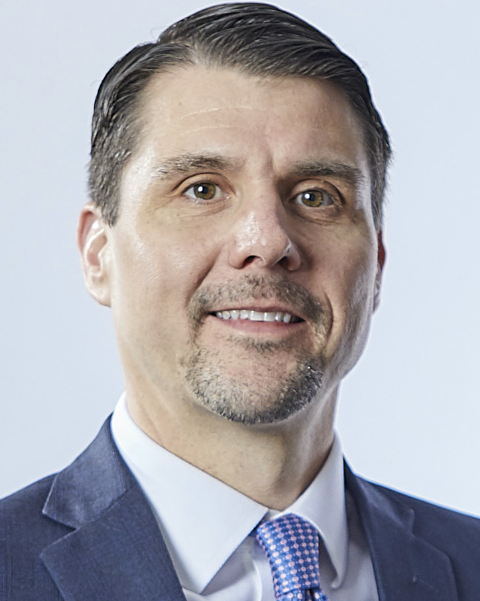
Jeff Dunn
The Lead Domino: The Exponential Impact of Improving Company Culture
Jeff Dunn and a committed group of his colleagues at Sandberg Phoenix & von Gontard set out to change the firm’s culture, with the goal of creating a positive, forward-thinking, highly energized environment focused on increasing member satisfaction and providing outstanding client service. Jeff will discuss how rebuilding the firm’s culture required not only a clear vision of the ultimate goal but a detailed understanding and articulation of the business case for implementing the changes necessary to transform the firm efficiently and effectively. In this presentation, Jeff shares the story of how one law firm changed its culture, and how your organization can remake itself for the better.
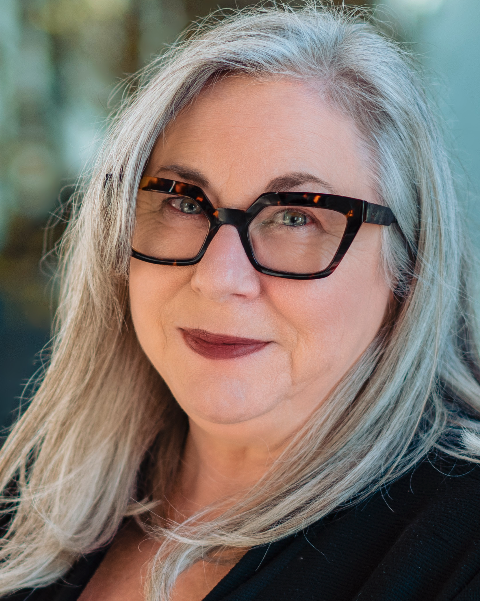
Emily Harris
The Best Defense Can be a Good Offense – Combatting Defamation & Business Disparagement in The Age of Social Media
False statements published about a business or its corporate leaders can cause not only reputational harm but severely impact share price, venture capital raising efforts, and enduring customer relationships. Trial attorney Emily Harris discusses the strategic use of TROs to protect your company and its leaders from defamation and business disparagement in social media as well as the challenges of litigating these claims.

Amy Sorenson
Panel: The Second Labor of Hercules – Battling Government Investigations
Government investigations present in house counsel with seemingly Herculean challenges. Like Hercules fighting the Hydra, cutting off one head in an investigation might well lead to the growth of two more. This panel of highly experienced inside and outside counsel discuss partnering strategies for the successful management of government investigations, from coordination of the criminal defense in light of possible future civil liability, to cooperation and voluntary disclosure problems, to document production issues, as well as the challenging intersection where witness, whistleblower and employment law issues meet.
Refreshment & Coffee Break
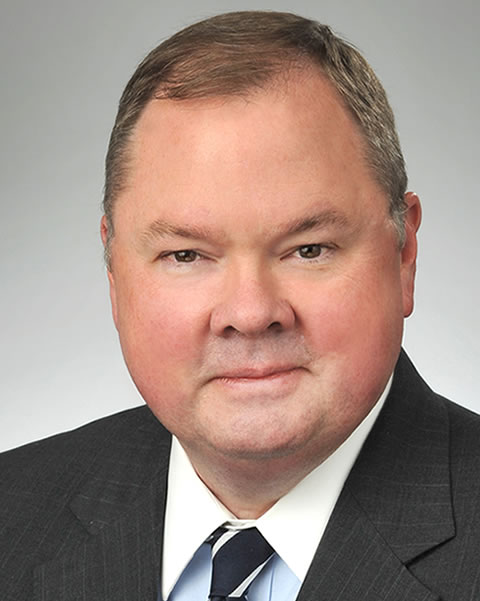
David Atkinson
An Operator’s Manual for Protecting The Company – Preparing The Corporate Witness for a Successful 30(B)(6) Deposition
It is important to present the right witness to testify on behalf of the corporation at a deposition taken under Rule 30(b)(6) and to make sure that he or she is properly prepared. A poor performance by the witness can greatly harm the company’s position in the case, while a well-prepared witness can put a human face on the company and help the organization present the facts in a favorable manner. Trial lawyer David Atkinson will discuss strategies to select the right person to testify for the organization and to ensure that he or she is thoroughly prepared and well-defended.

Rebecca Stephens
Blindfolding Employers: New Laws in California & Other States Further Restrict Job Applicant Information
As a leader, California has many positive qualities; however, it maintains a strict set of rules governing the employment relationship from the hiring process through termination. For example, the California legislature further restricted employers with two 2017 laws limiting an employer’s ability to learn about an applicant’s criminal background or salary history. Similar laws are materializing in other states as well. This program will highlight California employment laws relating to job applicants, discuss nationwide employment law trends, and define best hiring practices for companies with employees in California.
Interactive Panel Discussion Groups
Track A: Inside, Outside, And All Around The Town – Navigating The Relationship Between In-House Counsel, Outside Counsel & The Insurer
Moderator: Ted LeClercq — Deutsch Kerrigan (New Orleans, LA)
Room: Grand I
Using actual case studies, participants in this interactive session will explore the peaks, pitfalls, and minefields of the delicate relationship between an insurer, the insured and outside counsel. Topics covered will include: striking the right balance among stakeholders; what constitutes a waiver of privilege; addressing differences in settlement postures; handling disputes regarding coverage; and choice of counsel issues.
Track B: Adapting To A Brave New World – How Businesses Are Responding To #Metoo
Moderator: Christine Welstead — Akerman (Miami, FL)
Room: Gallery II
How has your company adapted in the wake of the much-publicized sexual harassment allegations in entertainment and media? Join our breakout discussion on whether the old rules still apply. Rethink your sexual harassment policies, training, and investigations and discuss some new, and some old, best practices.
Track C: Effective Legal Project Management
Moderator: Tony Rospert — Thompson Hine (Cleveland, OH)
Room: Gallery I
In-house counsels are seeking new ways to manage expenses, improve predictability of cost, improve litigation outcomes and improve the perceived value of the legal department. Legal Project Management (LPM) offers an innovative approach to meet these objectives. In this session, we will focus on project management objectives, an overview of the LPM process, and discuss the six key components of LPM to cost-effectively and efficiently handle litigation matters.
Track D: Hot Topics In Class Action Practice
Moderator: Tony Lathrop — Moore & Van Allen (Charlotte, NC)
Room: The Boardroom
Class action litigation continues to pose significant risks and challenges for in-house counsel. In this session, in-house and outside counsel will discuss emerging issues and share practical advice on a variety of topics, including how to avoid class actions and class arbitration; ascertainability (and the splits among the circuits); current trends and issues in data privacy and wage & hour class actions; and how potential amendments to Rule 23 could affect class action litigation.
Welcome Back from The Seminar Chairs




There’s No Place Like Home: Personal Jurisdiction & Patent Venue in The Wake of Bristol-Myers Squibb, BNSF Railway & TC Heartland
The U.S. Supreme Court’s 2017 Bristol-Myers Squibb and BNSF Railway decisions regarding personal jurisdiction, along with the TC Heartland decision regarding patent venue, have further defined where companies can properly be sued in tort and for patent infringement. Delaware litigator Chris Viceconte will explain these decisions and their significance, including the anticipated potential for increased litigation in Delaware given the number of entities “at home” there, and provide an update on the manner in which courts around the country have applied these decisions since their issuance.
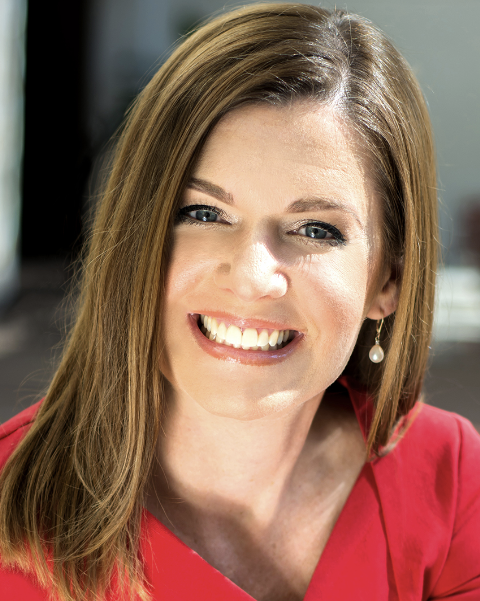
Diane Averell
We’re Not (Staying) in Kansas Anymore – Winning The Personal Jurisdiction Challenge
Since the Bristol-Myers decision, corporate defendants are rushing to assert personal jurisdiction challenges to escape from undesirable forums. However, prevailing on the motion likely will not end the litigation for the moving defendant unless the claims are barred for some other reason; instead, it merely means that the plaintiff can re-file in another forum. Having recently won a personal jurisdiction challenge, New Jersey litigator Diane Averell will explain the risk analysis that must be performed before asserting a personal jurisdiction challenge to ensure that your client does not trade one bad forum for another. Diane also will review the essential elements of a winning motion, including best practices for framing the absence of relevant contacts with the plaintiff’s chosen forum through supporting affidavits, written discovery responses, and limited depositions of corporate representatives.

Jason Lien
Panel: Charting A Course Into The Future Practice of Law
Our panel of in-house counsel will explore what the future practice of law looks like from the GC perspective, what the implications are for outside counsel, and how outside counsel can effectively serve their clients in the future legal market. Topics that will be explored include the growing ranks of in-house lawyers and changing role of the GC; increased use of corporate Legal Ops teams and their implications on law firms; and the emergence of new technical innovations such as artificial intelligence (AI) that will impact the future practice of law.
Refreshment & Coffee Break
E-Discovery Is Costing You, But It Doesn’t Have To
In this presentation, Todd Ohlms of Freeborn & Peters will detail important pre-litigation strategies that can reduce the cost and risk of e-discovery. He will address how parties can choose the right vendor/partner to assist with ESI collection and analysis, and how to reduce the considerable costs associated with collection and review. Todd will also discuss strategies he has used to persuade multiple federal district courts to order his opponents to turn over their raw data to Freeborn’s internal Litigation Support Lab for analysis and production.
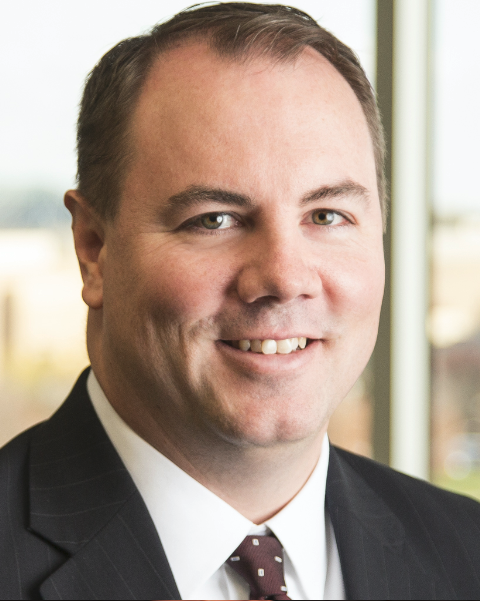
Roger Meyers
Best Laid Plans: How To Prepare For & Litigate Deals Gone Bad
Businesses are constantly sourcing supplies and services, arranging financing, licensing intellectual property, and even acquiring and divesting businesses. When everything goes right, such transactions can be engines for growth. But, inevitably, some of them will sour. Learn strategies companies can use to protect themselves on the front end, and achieve more favorable litigation results on the back end, when a deal goes bad.

Jerry Glas
Closing Statements (Before Break-Outs) By The Network Chair
Interactive Panel Discussion Groups
Track A: The Enemy Of My Enemy Is My Friend – Managing The Insured/Insurer Relationship In Litigation
Moderator: Lee Hollis — Lightfoot Franklin & White (Birmingham, AL)
Room: Grand I
The relationship between insured and insurer can be complicated and challenging. Issues of control, coverage, reporting, retentions, and efforts to settle cases can cause friction and even resentment. This panel will discuss how insureds and insurers can navigate through the difficulties that often encumber their relationship, while cooperating with each other, protecting their own interests and steadfastly maintaining a strong focus on their common adversary.
Track B: Internal Investigations – Best Practices For Success
Moderator: Scott O’Connell — Nixon Peabody (Boston, MA)
Room: Gallery II
Conducting an effective internal investigation is often an essential tool to defend your company against claims of criminal and/or civil liability by senior executives. These are complicated undertakings that have many potential traps for the unwary. This session will focus on setting up and conducting an internal investigation to achieve maximum benefits. Understanding and implementing well-established best practices can help you avoid the many pitfalls that can undermine an investigation.
Track C: A Match Made In Heaven: Pro Bono Partnerships – Law Firms And In-House Legal Departments
Moderator: David Esquivel — Bass Berry & Sims (Nashville, TN)
Room: Gallery I
This session focuses on innovate ways to create pro bono partnerships between in-house legal departments and their outside firms. Creating a shared pro bono program strengthens relationships between the client and its law firm, provides skills training to in-house and firm lawyers, and gives in-house counsel an additional tool to evaluate outside lawyers.
Track D: Is The Hill Worth Taking? Identifying The Appropriate Cases To Try And Win
Moderator: Tom Cullen — Goodell DeVries Leech & Dann (Baltimore, MD)
Room: The Boardroom
In recent years, many companies have taken a firmer stand against settling defensible cases, due to a multitude of factors. From discouraging would-be bandwagon plaintiffs against filing frivolous claims to encouraging shareholders or customers that they stand behind their offered products and services, companies have more to consider than litigation cost alone. Please join Tom Cullen and In-House decision makers as they discuss the ins and outs of determining whether to proceed to trial and how to select the most appropriate bellwethers.
